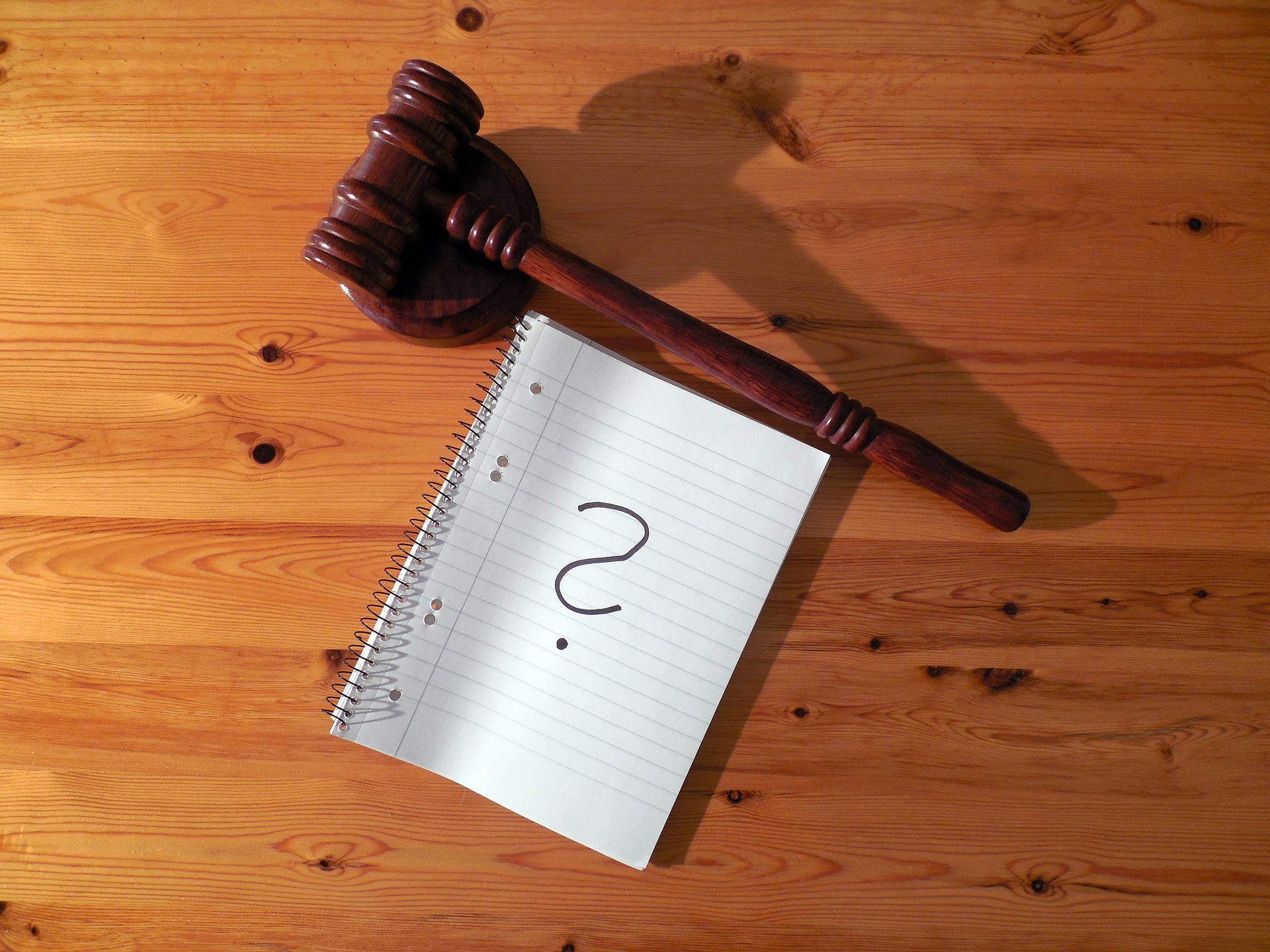
Here is a question I did not realize had not been answered about appellate stays and attorney-fee awards. When the losing party appeals an order that gives rise to a motion for fees, does the appellate stay deprive the court of jurisdiction to award fees? In civil cases, the answer is no. But in probate cases, we do not have an answer one way or another.
And we still don’t, because the Court of Appeal ducked the question In Conservatorship of Bower (D4d3 Feb. 25, 2022 no. G059112) 2022 WL 571011 (nonpub. opn.).
In that conservatorship case, the probate court found the conservator had incurred expenses in bad faith. The court ruled the conservatee’s widow was entitled to attorney fees, the amount to be determined by subsequent motion.
So far, nothing uncommon (except a court finding a conservator to have acted in bad faith!).
But then the conservator filed an appeal of the order on the accounting, including the finding of bad faith giving rise to attorney fees. The conservator then argued that, based on the appeal and the resulting appellate stay, the trial court lacked jurisdiction to award fees.
If this were an ordinary civil appeal, that argument clearly wouldn’t work. As the Bower court noted, the appellate stay statute, Code of Civil Procedure section 916, “definitely does not stay a postjudgment award of attorney fees. (See Korchemny v. Piterman (2021) 68 Cal.App.5th 1032; Bankes v. Lucas (1992) 9 Cal.App.4th 365, 368, superseded by statute on other grounds; Nazemi v. Tseng (1992) 5 Cal.App.4th 1633, 1639, superseded by statute on other grounds; Silver v. Gold (1989) 211 Cal.App.3d 17, 26; Hoover Community Hotel Development Corp. v. Thomson (1985) 168 Cal.App.3d 485, 487 [attorney fees incidental to merits of matter on appeal]; In re Marriage of Sherman (1984) 162 Cal.App.3d 1132, 1140.)”
But in probate appeals, there is a different appellate-stay statute: Probate Code section 1310. Section 1310 subdivision (a), provides, “Except as provided in subdivisions (b), (c), (d), and (e), an appeal pursuant to Chapter 1 (commencing with Section 1300) stays the operation and effect of the judgment or order.” None of the four subdivisions referred to in subdivision (a) applied here.
There are no cases applying section 1310 to postjudgment fee orders in probate cases. The court went on to analyze the text of section 1310, indicating the stay only applies to orders in Chapter 1, starting at section 1300, and include fiduciary accounts, acts, and expenses, and orders affecting a guardianship, conservatorship, estate, power of attorney, and trust. The court concluded: “None of these sections includes a postjudgment award of attorney fees as an appealable order. It does not appear to us that the stay of section 1310 applies to such an award.”
But then the court stopped short. The appeal of the underlying accounting award and finding of bad faith had by this time been affirmed. So the court ducked the section 1310 stay question: “We need not decide this question, however, because, with the issuance of our opinion regarding the judgments on the underlying accountings, the issue has become moot. Even if Andrea is correct, “an action which originally was based upon a justiciable controversy cannot be maintained on appeal if the questions raised therein have become moot by subsequent acts or events.” (Finnie v. Town of Tiburon (1988) 199 Cal.App.3d 1, 10.)”
The court explained that “The most we could do with respect to this order, even if Andrea is correct, is to return the order to the probate court to be reissued – a pointless exercise.”
Comment: I disagree that it would be a “pointless exercise.” At a minimum, postjudgment interest has been accruing on the fee award since before the appeal of the underlying order was affirmed. If the appellant is correct that there was no jurisdiction to enter the award before affirmance, then that postjudgment interest also is void.
I can’t think of reasons why post-order fee motions in probate should be subject to a different rule than in civil. (But I had not given it any thought before seeing this case.) In both cases, fee motions are collateral to the issues in the underlying judgment, so the trial court has jurisdiction to rule on them. The court seemed to be leaning this way before indulging the principle of parsimony and avoiding the question. I think the court should have decided it.